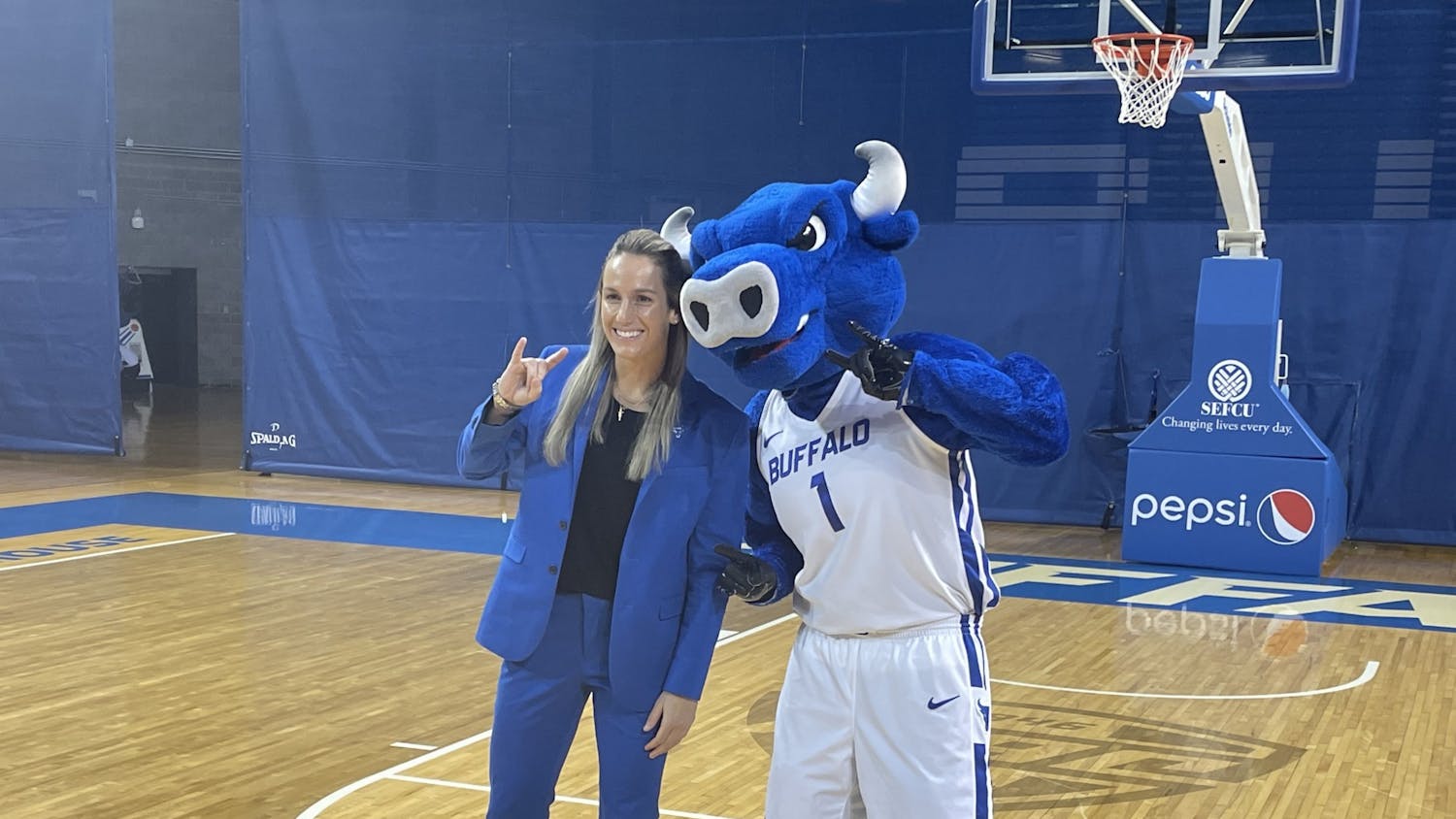This semester might not be over, but it’s already time to plan the next one. With hundreds of classes to choose from, filling out a Schedule Builder that doesn’t look like the side of Furnas Hall is no easy feat.
But there’s no need to schedule an appointment with your advisor this semester. The Spectrum is all you’ll need to fill the spring with courses you’ll actually wake up for.
LIN 108: Roots of English
If you’re someone who hates English because spelling makes no sense, this class won’t change your mind, but will help you understand the arbitrariness of our written system. History is told through the lens of language, explaining how sociopolitical issues in the world have interacted with and impacted English. The class also includes a brief introduction to linguistics and transcribing language using the International Phonetic Alphabet (IPA).
- Xiola Bagwell
COM 483: Special Topics in Interpersonal Communication: Demystifying Your Relationship
Be them romantic, workplace-oriented or long-lasting friendships, our lives revolve around relationships. That’s why Demystifying Your Relationship with David Lee is the perfect combination of interesting and utilitarian. The topics — ranging from breakups to power dynamics to cheating and more — are all relatable and engaging. This will give you valuable tools in being a better partner and navigating your relationships. Trust me, your mind will be blown every class with the science behind this stuff.
- Dominick Matarese
REC 163: Power Yoga
The practice of yoga involves holding poses, mastering your breath and clearing your mind. Power yoga focuses on flexibility, strength and managing stress, making it a perfect one-credit addition to any college student’s schedule. Namaste.
- Ryan Tantalo
ENG 394: The Spectrum class
OK, OK, I know this is a bit of a shameless plug, but hear me out. There aren’t that many college courses that let you try out a career for a semester with no experience required, but The Spectrum’s class is one of them. As a writer or photographer, you’ll work with a team of talented editors to interview people, go to events, find facts and get your work published in the Spectrum. If you love it, you can become an editor and use The Spectrum to launch a career in journalism or communications. If you hate it, you’ll walk away with stronger writing skills and three English credits. What do you have to lose?
- Moaz Elazzazi
GGS 498: Third Places In Theory and Practice
Let’s face it: college is a tad bit lonely. The best remedy for our loneliness problem is third places: spaces that are not home (first places) or work/school (second places) and that promote conversation at low to no financial cost. Third places let us have friendly connections with people in our community in a meaningful and inexpensive way. The course looks at third places in Buffalo and the globe.
- Rachel Galet
PHI 105: Contemporary Moral Problems
Philosophy has a reputation for being pointless, pretentious and, above all, abstract. Maybe that’s deserved. I’m not a philosophy major, I wouldn’t know. All I can tell you is that Contemporary Moral Problems is about as down to earth as it gets.
Instead of debating the ship of Theseus, free will or the demarcation problem, you’ll be discussing what, if anything, we should do about the biggest problems of our time. When I took the class, we learned about philosophical perspectives on racial injustice, wealth inequality and the ethics of breaking law, but different professors teach different topics. The class won’t tell you how to think, but it’ll show you all the ways you could think about the world’s most hotly contested issues.
- Grant Ashley
HIS 273: History of Fashion
If you thought the only way to show off your love of fashion at college was to show up to class in anything besides sweats, think again. This class is exactly what it sounds like: a course about the history of fashion, its nuances and how our clothes relate to culture at large. Changes in fabrics and dress cuts are surprisingly indicative of changes in economics, politics and social dynamics. Not to spoil anything, but at the end of this course, students can choose a variety of ways to demonstrate what they’ve learned in the final project, including making their own outfits.
- Quinn Kennedy
LIN 356: Introduction to Contemporary Theories of Metaphor
Have you noticed that the same language we use to characterize arguments is the same language we use to characterize war? This course offers insight into how our conceptual system is informed by metaphors. I entered the class with the understanding that a metaphor compares two things by equating A to B with the word “is.” It was a definition that I could only conjure in terms of its figurative counterpart, the simile. But I left the class with a much greater understanding of how metaphors transcend the basic arrangement of “A is B.” For my final project, I analyzed the metaphorical language that “Succession” characters employ because of how integral it is to their corporate personalities and family dynamic. It’s a class that will renew your outlook on your relationship with language.
- Tenzin Wodhean
ENG 193/357: How to Write Like a Journalist
Charles Anzalone’s class is loaded with tips that will make you a better writer. Though the three-hour evening time slot is an effective student repellent, Anzalone’s wit, passion and musical talent are infectious. At the center of it all: your writing. Anzalone will work with you to edit until the result of your efforts is something you can take pride in. You’ll leave his class a more clear, concise and confident communicator.
- Sol Hauser
The features desk can be reached at features@ubspectrum.com





